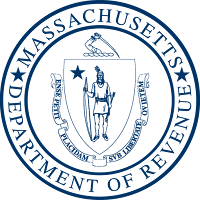The MA taxation of individuals is now based on the Internal Revenue Code as of January 1, 2022 – MGL Ch. 62, §(1)(c). This means that quite a few current federal code provisions which we could NOT use on our state return (because MA previously followed the Code as of 2005) are now available. Here are some which will be widely seen and used…
Alimony and separate maintenance. Income is no longer reported; the deduction may no longer be claimed. Conforms with IRC §62(a)(8) and (a)(10). The deduction is still shown on Schedule Y, line 3 (for pre-2018 agreements). Likewise, the income is still shown as reportable on Form 1, line 9 as taken from Schedule X (line 7). Again, for pre-2018 agreements.
Educators expense deduction (new for MA). Eligible educators may deduct a maximum of $300 per person; if both taxpayer and spouse are eligible educators the maximum is $600 ($300 + 300). IRC §62(a)(2)(D).
Where to deduct? You will need to drill down to the instructions to find this---Schedule Y, line 9a (certain qualified deductions from US Form 1040).
Income from discharged qualified principal residence indebtedness, i.e. mortgage loan forgiveness income. MA now recognizes this exclusion from income if claimed on the federal return. IRC §108(a)(1)(E).
Like-kind exchanges. Until this tax year (2022) MA allowed the more broadly based deferral of income and did not confine it to real estate. However, MA now conforms to the federal rule---real estate only. IRC §1031.
Review MA TIR 23-1 for a more complete list of the applicable provisions.


No comments:
Post a Comment